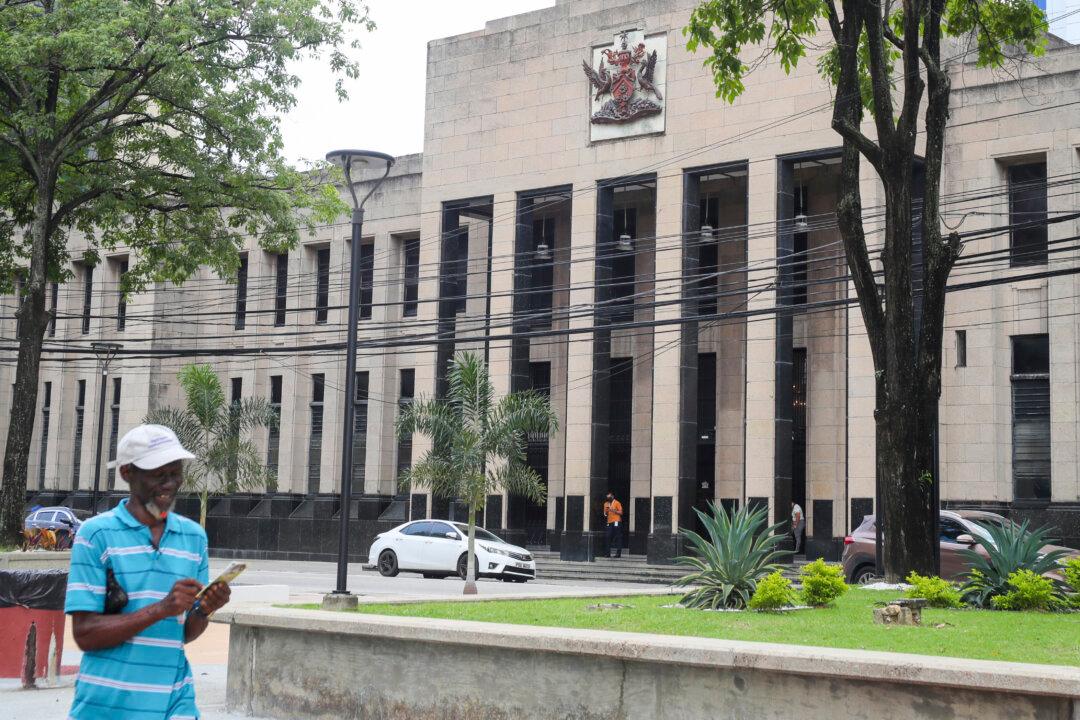A record number of murders caused by a rise in gang violence has led the Caribbean nation of Trinidad and Tobago to declare a state of emergency.
The Dec. 30, 2024, declaration followed a weekend during which five men were gunned down in what is believed to be a reprisal shooting for a murder outside a police station in the capital, Port of Spain, the previous day.





